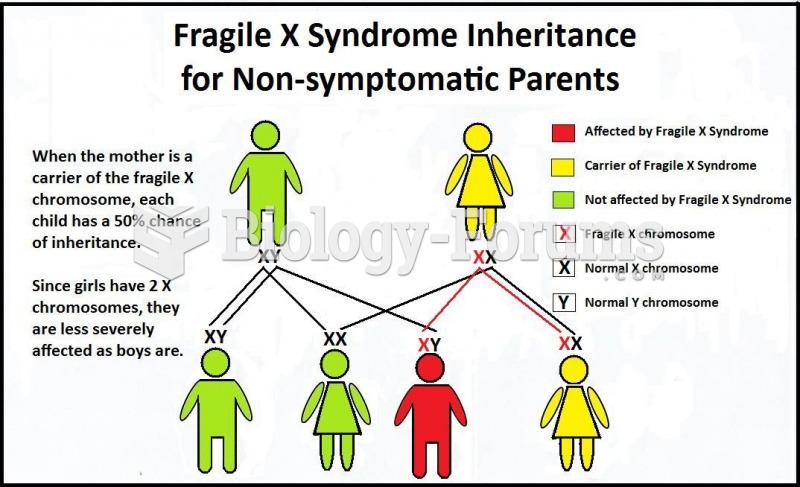|
|
|
There are 20 feet of blood vessels in each square inch of human skin.
The most common childhood diseases include croup, chickenpox, ear infections, flu, pneumonia, ringworm, respiratory syncytial virus, scabies, head lice, and asthma.
After 5 years of being diagnosed with rheumatoid arthritis, one every three patients will no longer be able to work.
The most common treatment options for addiction include psychotherapy, support groups, and individual counseling.
Drug abusers experience the following scenario: The pleasure given by their drug (or drugs) of choice is so strong that it is difficult to eradicate even after years of staying away from the substances involved. Certain triggers may cause a drug abuser to relapse. Research shows that long-term drug abuse results in significant changes in brain function that persist long after an individual stops using drugs. It is most important to realize that the same is true of not just illegal substances but alcohol and tobacco as well.







